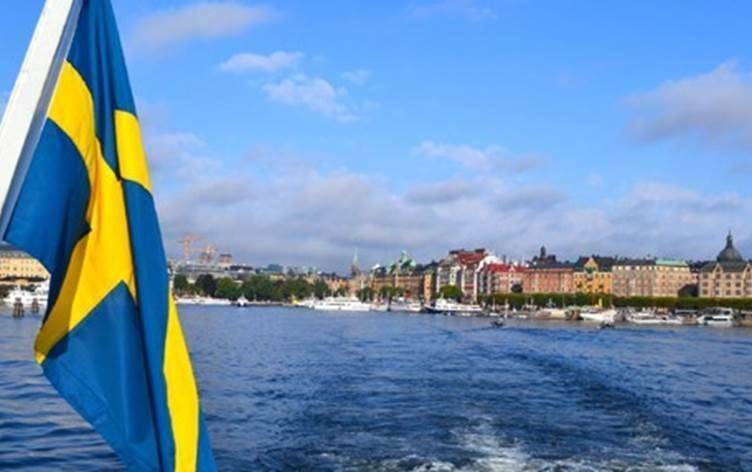The United Nations Human Rights Council is set to discuss a controversial draft resolution regarding religious hatred following the burning of a copy of the Quran in Sweden, an initiative that has highlighted divisions within the council and is inconsistent with its practices for protecting human rights. The draft resolution, presented by Pakistan on behalf of the Organization of Islamic Cooperation (OIC), which consists of 57 member states, describes the Quran burning incident in Stockholm last month as "hostile and disrespectful, a blatant act of provocation" that incites hatred and constitutes a violation of human rights.
The draft has faced opposition from Western diplomats, who argue that it aims to protect religious symbols rather than human rights, condemning "the recurring incidents of publicly burning copies of the Holy Quran in some European countries and elsewhere." The OIC initiative raises tensions between Western countries and the organization at a time when it holds unprecedented influence in the council, the only body composed of governments responsible for protecting human rights worldwide.
Nineteen countries from the OIC are entitled to vote on the council's resolutions, and other states like China have supported the draft. It is still unclear whether Pakistan will succeed in rallying all OIC member states behind the draft. In 2021, a Saudi-led effort to end an investigation into war crimes in Yemen was successful. Mark Limon, director of the global rights group based in Geneva, stated, "If the resolution is approved, as seems likely, it would reinforce the impression that the council is changing its positions and that the West is losing influence in discussions on fundamental issues like the line between freedom of expression and hate speech and whether religions have rights.” He added, “The intensity of disagreements could push the council over the edge."
The European Union has urged parties to reach a consensus on the matter. An EU diplomat involved in negotiations last week noted, "Religious contempt has been a difficult topic for decades within the United Nations." He added, "The issue of drawing a line between freedom of expression and inciting hatred is indeed extremely complex."




